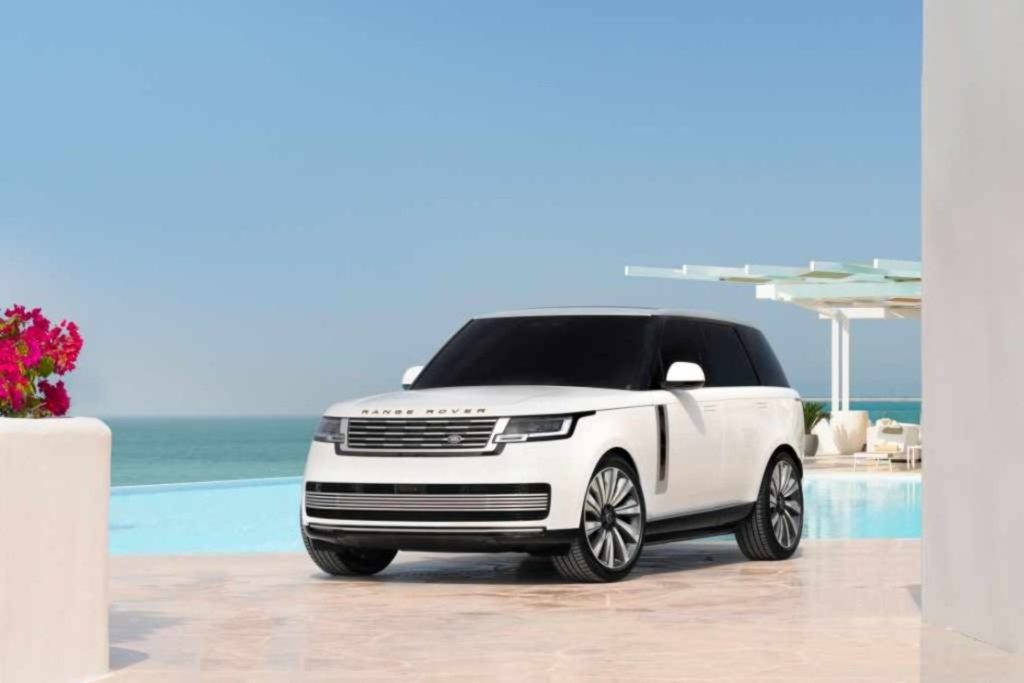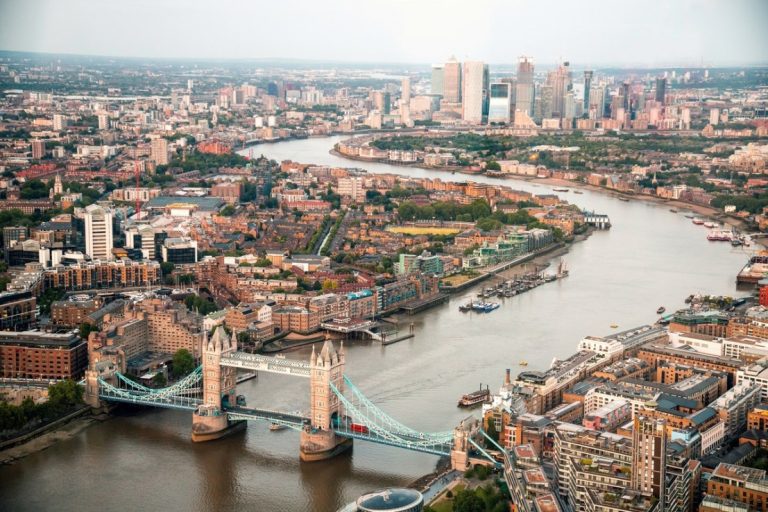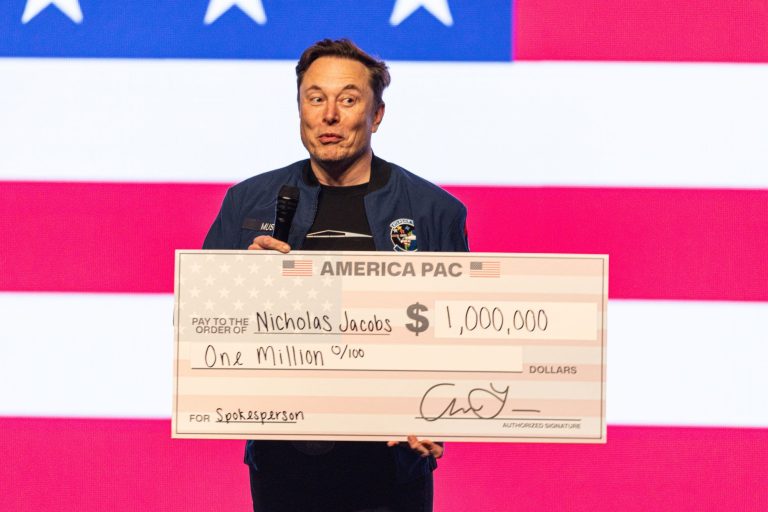
In a significant move that has sent ripples through international trade and financial markets, Jaguar Land Rover (JLR) has announced a temporary suspension of vehicle shipments to the United States. This decision comes in response to the new tariffs imposed by President Donald Trump, which include a substantial 25% levy on all foreign cars imported into the US. As the tariff took effect, JLR is taking deliberate steps to navigate these altered trading terms, which have posed challenges to global trading practices.
JLR, a hallmark of British luxury automotive excellence, regards the United States as a pivotal market for its high-end brands. Despite this importance, the company recognizes the necessity to reassess its strategies. In a statement on Saturday, a spokesperson for JLR mentioned, “The USA represents a vital market for Jaguar Land Rover’s luxury brands. In response to the new trading terms, we are implementing short-term measures, including pausing shipments throughout April to evaluate and adapt our mid- to long-term strategic plans.”
Global Market Repercussions
The impact of these tariffs was immediate and pronounced, leading to a tumultuous situation across global stock markets. Friday’s trading session marked one of the most challenging days since the onset of the pandemic, with the FTSE 100 index experiencing its steepest decline this year. The index fell by approximately 5%, signaling investor apprehension and a broader market reaction to the geopolitical shifts.
Stocks across diverse sectors, including Rolls-Royce, the banking sector, and the mining industry, faced significant pressure, compounding the general market downturn. Similarly, Wall Street witnessed its own setbacks as the Dow Jones Industrial Average fell markedly by 5.5% in response to these broad economic changes.
Governmental and International Reactions
The announcement of these tariffs has ignited a fervent diplomatic response. Prime Minister Sir Keir Starmer faced a flurry of communications with international counterparts, including the prime ministers of Australia and Italy, to address concerns about the tariffs. During these conversations, leaders collectively recognized the profound risks posed by entering a full-blown trade war, concurring that such a conflict would be detrimental to global economic health.
No. 10 Downing Street later issued statements asserting that the UK’s approach would prioritize national interest. In line with this stance, British officials are committed to methodical preparation rather than reactive retaliation. The Prime Minister emphasized the importance of maintaining robust international relationships and dialogue as the global economic climate evolves.
Furthermore, China responded rapidly to match Trump’s tariff hike with its own retaliatory measures. Beijing announced a forthcoming 34% tariff on all US imports, escalating the tension on the international trade scene and signaling the onset of a potentially prolonged economic dispute.
As businesses and governments worldwide adjust to these developments, the strategic choices made by industry leaders like Jaguar Land Rover will be crucial. Their decision to pause shipments underscores the complexity and far-reaching consequences of the tariffs. In the coming weeks, all eyes will remain on the unfolding trade dynamics and the efforts of global leaders to navigate these turbulent times in pursuit of stability and growth.



